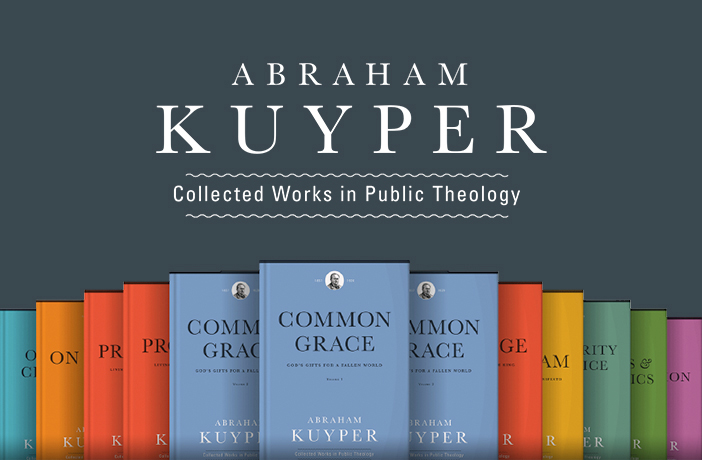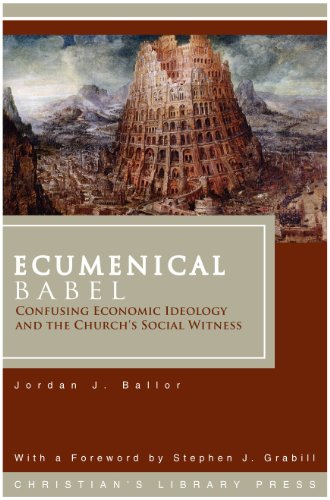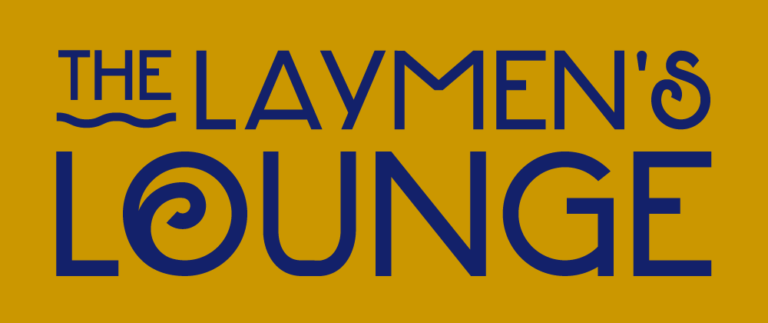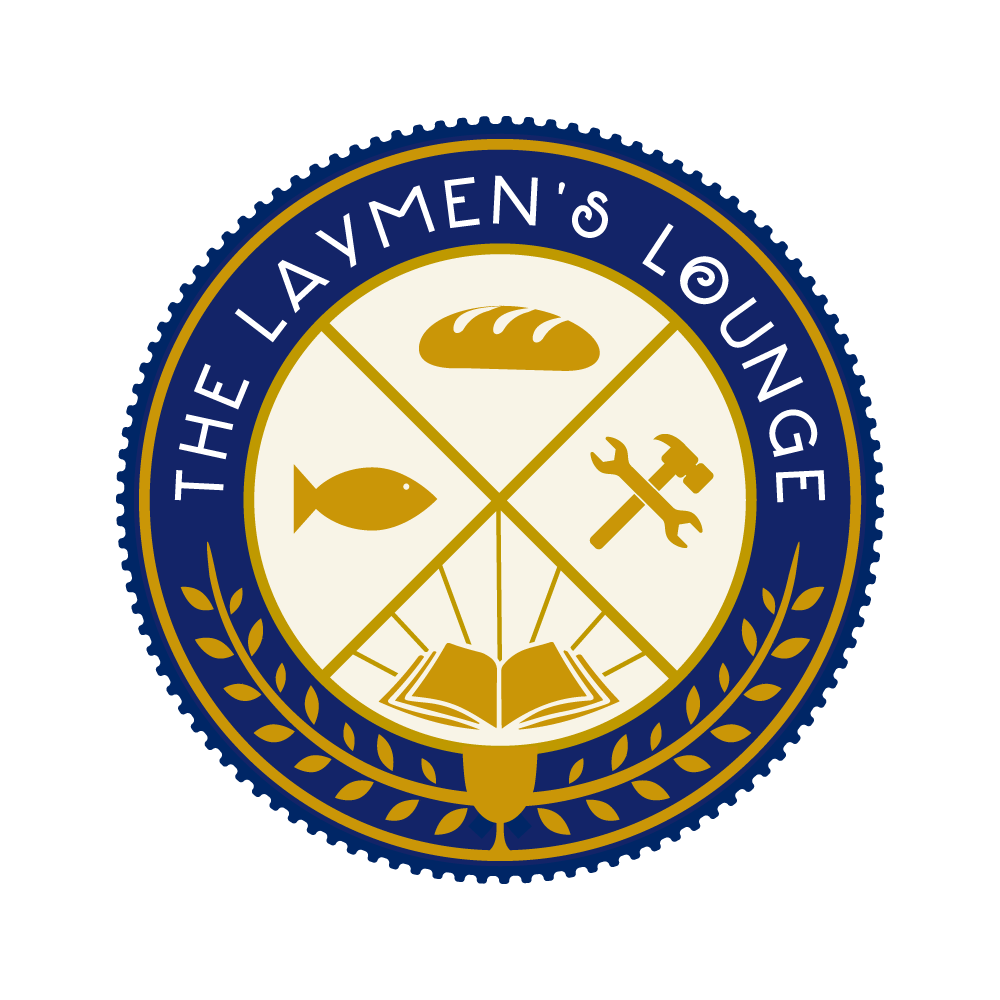by Jordan Ballor
NOTE FROM THE EDITOR: This article is kicking off a series that will run the next few months called “The State of Neo-Calvinism.” Come back each week to read about the state and influence of Neo-Calvinisim in nations ranging from Mexico and the Philippines to Wales and Egypt and beyond. To listen to the kick-off podcast interview with George Harinck click here.
Abraham Kuyper visited the United States in 1898, and his trip occasioned not only the famed Stone Lectures but a number of other memorable events as well. Among these was the collection Varia Americana, in which Kuyper reflected on the real-world experiences in a country that had loomed large in his thinking and would continue to do so throughout the remainder of his career. For Kuyper, America stood as a kind of beacon among the nations, a place where Calvinism’s cultural and religious fruit had been allowed to develop fully and freely. In a kind of Dutch Calvinistic inflection of American idea of manifest destiny, for instance, Kuyper contends: “The fundamental idea of Calvin has been transplanted from Holland and England to America, thus driving our higher development ever more Westward, until on the shores of the Pacific it now reverently awaits whatsoever God has ordained.”
For his part, Herman Bavinck also visited the United States, six years before Kuyper’s trip and again to give the Stone Lectures at Princeton a decade after Kuyper in 1908. As Bavinck’s biographer James Eglinton observes, Bavinck’s evaluation of the fate of Calvinism in America was rather more checkered than Kuyper’s. “For all that his impressions of America that were flattering and open,” writes Eglinton, “Bavinck held out little hope for Calvinism’s future prospects there.”
A bit more than a century onward, we have opportunity to evaluate the development of neocalvinism in America in the meantime, even as we note that the phenomenon of neocalvinism is not fully identical with that of Calvinism or the Reformed tradition more broadly—and still less of the church of Christ itself. After an initial period of publication of works by Kuyper and Bavinck in English at the end of the nineteenth and into the early twentieth century, there was a relative paucity of new publications. Kuyper’s Stone Lectures essentially functioned as the basis for the introduction of Anglophone audiences to Kuyper’s thought and neocalvinism more broadly—a reality acknowledged by an important new collection of reflections on Kuyper’s legacy for the future.
There were important representatives of the Reformed world- and lifeview in America in that era—notably including Geerhardus Vos and Nicolaus Steffens—but to some extent the influence of neocalvinism in America int the twentieth-century was mediated through Dutch Reformed institutions like Calvin College. Even when I began my studies at Calvin Theological Seminary more than twenty years ago, the basic posture was that of a colonial enclave in possession of a hidden treasure rather than missiological and evangelical fervor. And this was the case despite notable and influential exceptions like Richard Mouw, Nicholas Wolterstorff, Alvin Plantinga, and George Marsden, who moved out of and beyond the orbit of Grand Rapids.
If we take a step back and survey the state of neocalvinism in the United States today, we see a movement that exercises great motivating power in society and in American Christianity. Neocalvinism was never a merely academic or intellectual enterprise, and in the same way its fate cannot be judged merely by evaluating its status among centers of academic power.
On that latter point, we must (alas!) judge its influence to be somewhat on the wane. With the retirement of scholars like Richard Mouw, James Bratt, and John Bolt, there are fewer places where advanced academic study of neocalvinism can take place with expert guidance. I am unaware, for instance, of anywhere in the United States where someone might currently pursue a Ph.D. program to study some aspect of neocalvinism with a supervisor who is an established scholar in the field. A notable exception might be Vincent Bacote at Wheaton College—and I would be happy to be corrected on this point by those with more and better knowledge of different programs.
That is not to say that there are not significant neocalvinist scholars in the United States. There is a younger generation that has already done excellent work and holds great promise. Notable in this regard is Dordt University (with faculty including Justin Ariel Bailey and Gayle Doornbos), Reformed Theological Seminary (with faculty including Jennifer Marshall Patterson and Gray Sutanto), and Fuller Theological Seminary (with the launch of the Mouw Center headed by Matthew Kaemingk). Calvin Seminary has been the home of the Bavinck Institute under the leadership of John Bolt. Calvin also has Cory Willson and Matthew Tuininga on the faculty, as well as Young Ahn Kang. Willson is one of the many scholars who studied under Richard Mouw, a testament to Mouw’s influence on the shape of neocalvinism in America today. Tuininga served as editor of the volume On Charity & Justice, the final installment of the Abraham Kuyper Collected Works in Public Theology. And Kang is a significant Korean reformational philosopher in the line of Kuyper and Bavinck.
One of the higher-profile developments in neocalvinism in America in recent years is the transition of the Kuyper Conference and Prize from Princeton Theological Seminary to Calvin University and Calvin Theological Seminary. This followed the Kuyper Prize debacle in 2017, in which the prize was rescinded from Tim Keller. Embedded in a center for public theology at Princeton, the Kuyper Conference and Prize in its iteration at Calvin University and Seminary is instead under the broader aegis of an insitute for “global faculty development,” named for two of the foremost patrons of Kuyper and neocalvinist work, Rimmer and Ruth de Vries.
This global dimension explicit in the name of the de Vries Institute captures an important element of contemporary neocalvinism. As important as the United States has been and continues to be in the development of neocalvinist thought and action, the antirevolutionary movement and neocalvinism itself—like the Reformation that preceded them—has never been a domestic phenomenon, whether in the Netherlands or the US. Even as an older generation of scholars moves on and a younger one takes on different roles, American institutions still have an important role to play as convenors of broader conversations. But these conversations are not limited to Anglophone audiences, even as more and more resources become available in translation.
A distinction between neocalvinism in its institutional and organic senses might be appropriate here. Many of the dynamics in higher education more broadly are impacting theological and religious education. The age of endowed chairs and tenured faculty as the norm is passing away. But the broader neocalvinist movement continues to have vitality and importance, in areas outside of traditional academic settings. Institutions like the Center for Public Justice and others continue to be inspired by a basically neocalvinist sense of vocation and faithful public witness.
Bavinck once observed that “in the Protestant principle there is indeed a church-dissolving element as well as a church-reforming one.” The same might be said for that stream of Christianity known as neocalvinism. If there have been movements within neocalvinism that tend to play off Kuyper against Bavinck, or Kuyper and/or Bavinck against later neocalvinists, or neocalvinism in America against neocalvinism in other areas of the world, there are hopeful signs that a more irenic and “reforming” rather than “dissolving” neocalvinism might be on the rise.
Writing on “The Future of Calvinism” in 1894 and reflecting on the previous century, Bavinck hoped that “the unexpected revival of Calvinism in the Netherlands will elsewhere strengthen the faith of the brethren, increase their confidence, fire their zeal, and encourage them to remain firm in their battle of the Lord.” The same can well be wished of a revival of neocalvinism—unexpected or otherwise—in the United States in the twenty-first century. –Dr. Jordan J. Ballor is director of research at the Center for Religion, Culture & Democracy and general editor of the Abraham Kuyper Collected Works in Public Theology
TO BUY BOOKS BY BALLOR, KUYPER, OR ANYONE:
Please visit Hearts & Minds Books. We here at the Layman’s Lounge are glad you’ve enjoyed our latest offering. We believe deeply in the Lordship of Christ over all of life and are eager to think about even how to shop to the glory of God. That might mean, we’d suggest, supporting human-scale businesses that do good work, that are in some ways consistent with our hopes to see a reformation in culture and in the habits of our public lives. To that end, we’d invite you to order any books mentioned here from our friends at Hearts & Minds, a family-owned, indie bookstore in Dallastown PA. Use the promo code LL20 (or just say you heard about them in the Lounge) and they will deduct 20% off your order (and do listen to our interview with Byron Borger, the great curator/owner of Hearts & Minds here). (There may be a few exceptions if books are out-of-print, self-published or rare.) Just type in what you want at the interactive, secure order form at their website: www.heartsandmindsbooks.com or send Byron an inquiry at read@heartsandmindsbooks.com. You can call them at 717-246-3333.
Abraham Kuper’s Collected Works in Public Theology

Get Your Hands Dirty: Essays on Christian Social Thought (and Action)

Ecumenical Babel: Confusing Economic Ideology and the Church’s Social Witness

Jordan J. Ballor (Dr. theol., University of Zurich; Ph.D., Calvin Theological Seminary) is director of research at the Center for Religion, Culture & Democracy. In addition, he is associate director of the Junius Institute for Digital Reformation Research at Calvin Theological Seminary, with interests including Reformation studies, church-state relations, theological anthropology, social ethics, theology and economics, and research methodology. Ballor has published extensively over the course of his career. He has authored multiple books, including a forthcoming introduction to the public theology of Abraham Kuyper. Working with Lexham Press, he served as a general editor for the 12 volume Abraham Kuyper Collected Works in Public Theology series. Ballor’s research articles can be found in such publications as Journal of Markets & Morality, Journal of Religion, Scottish Journal of Theology, Reformation & Renaissance Review, Journal of the History of Economic Thought, Faith & Economics, and Calvin Theological Journal. In addition to his work at the CRCD, Ballor also directs the Kuyper Conference and is associate director of the Junius Institute for Digital Reformation Research at Calvin Theological Seminary.



I’m glad to say that Matthew Kaemingk has informed me that he can direct PhD students at Fuller Theological Seminary! https://www.fuller.edu/school-of-mission-and-theology/cats/phd-in-theology/